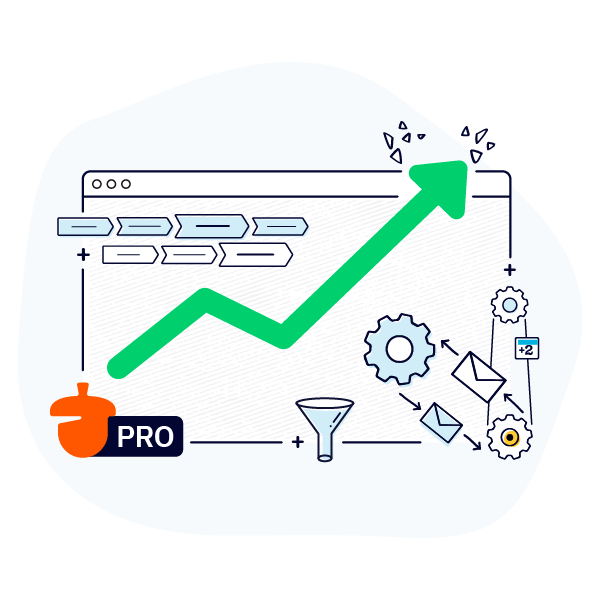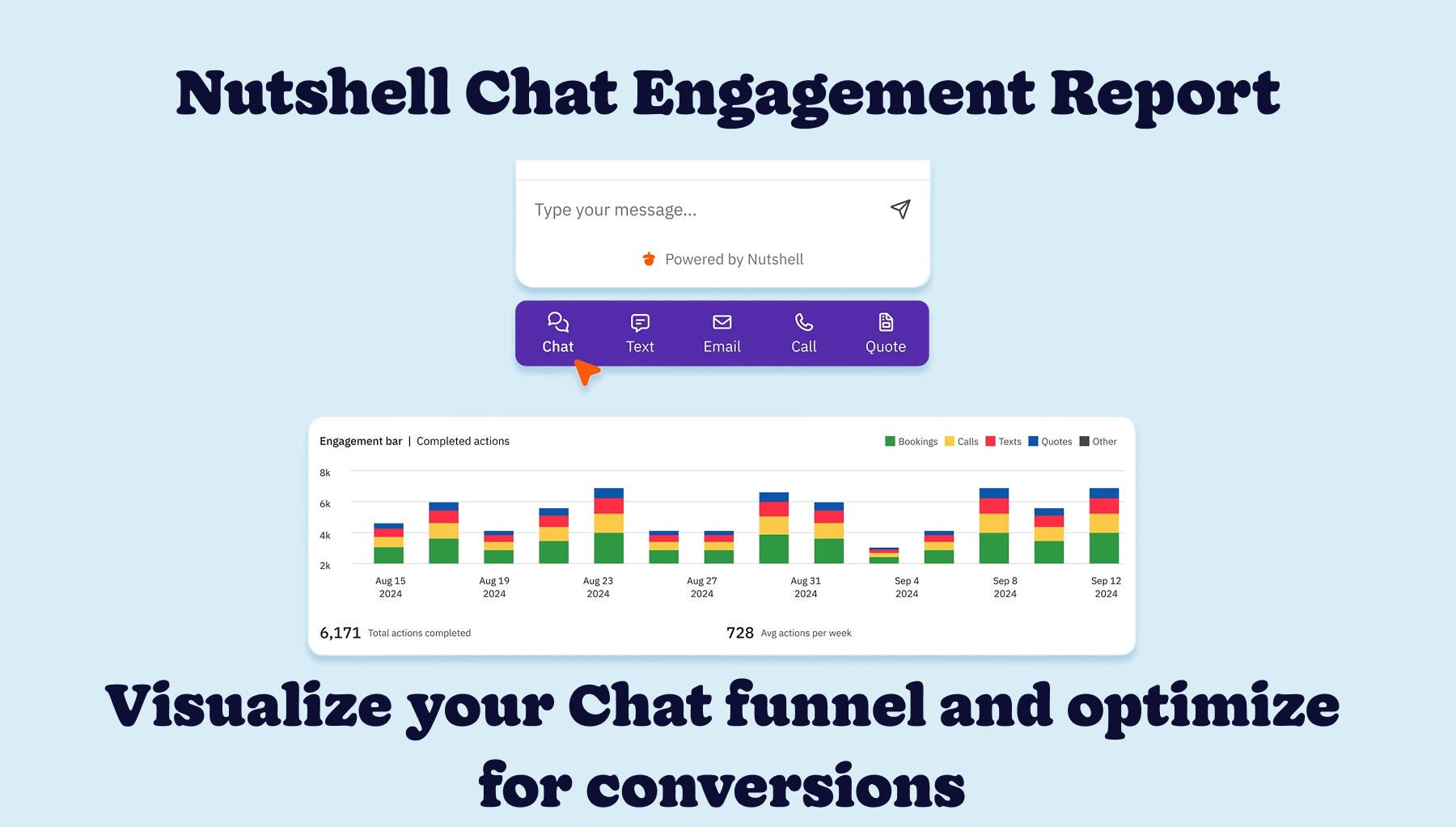
You’re probably aware that your business needs a customer relationship management (CRM) platform. It’s an essential tool for gathering, storing, organizing, and analyzing data about your customers, which allows you to reoptimize your marketing and sales efforts to better reach prospects.
The question, though, is what kind of CRM you should get. There are plenty of different options, and it can take time to figure out the right one. For example, you might ask yourself, “Should I use an industrial-specific CRM or a general-purpose one?”
If you’re still wondering about that, don’t worry—we’re here to shed some light on the subject. Keep reading for a comparison of industrial and general CRMs.
An industrial-specific CRM is—as the name suggests—a CRM designed specifically for industrial companies. They often come equipped with features or design elements that are unique to manufacturers or other industrial businesses.
There are several benefits of using an industrial-specific CRM. Those benefits include:
One advantage of industrial-specific CRMs is that they often come equipped with industry-specific features. For example, an industrial CRM might include features for supply chain management and quality control and use industry-specific terminology.
Of course, the exact features you get vary from CRM to CRM. But industry-specific features aren’t something you’ll find in a general CRM, which is designed to cater to multiple industries. Getting industry-specific features in a general-purpose CRM requires customization or integrations.
Another advantage of industrial-specific CRMs is that they tend to require less setup time than general CRMs. Why? Because when you get a general CRM, you have to spend time setting up industry-specific preferences and configurations.
An industrial CRM, however, will already come with many of those configurations in place. That means the setup time goes by faster, and you can start driving results with the platform earlier.
Of course, this isn’t always the case—it depends on the specific tool, but you can often set up an industrial-specific CRM more quickly because it requires less customization for your industry.
In the industrial field, there are various regulations you’re responsible for following. For example, product safety and environmental compliance are essential for manufacturers.
An industrial-specific CRM may include features to help you keep track of those regulations and stay accountable to them. That’s something you won’t get with a general-purpose tool without customization.
A general-purpose CRM serves a wide variety of industries. General CRMs don’t contain features that are specific to any particular industry because they are designed for use by everyone from manufacturers to doctors to consultants and everyone in between.
Just as there are advantages to using an industrial-specific CRM, there are also benefits to choosing a general CRM. Here are some of the biggest ones:
One of the best things about general CRMs is that they’re typically less expensive than industry-specific ones. Of course, costs vary from tool to tool, but affordability is more common among general CRMs.
Since general CRMs aim to appeal to a broader audience, they also tend to offer a wider variety of plans, including cheaper options.
Another advantage of general-purpose CRMs is that they offer more integration options.
That’s because they’re targeting a much wider variety of companies and industries, so they have to account for a wider variety of integration needs. All kinds of organizations, from hospitals to law firms, need to be able to integrate their tools with these CRMs.
Finally, general CRMs are often more user-friendly than industry-specific ones. Since they aim to appeal to a broad audience, general CRMs tend to focus more on making their tools easy for anyone to use.
Of course, again, this depends on which CRM you use. There are undoubtedly some user-friendly industrial CRMs out there and some general CRMs with a poor user experience. But generally speaking, general-purpose CRMs have an edge here.
Now that we’ve finished comparing pros and cons, we can get back to the original question of this page: “Should I use an industrial-specific CRM or a general-purpose one?” As with most questions like this one, the answer is that it depends.
If you’re looking for industry-specific features and quick setup times, an industrial CRM could be the better option. But if your priority is low pricing, integrations, or user-friendliness, a general-purpose CRM is the way to go.
It’s worth pointing out that most businesses will fare better with a general CRM. All industries use CRMs similarly, and most CRMs allow you to customize them to your needs, so there’s no strong reason to get one that’s specific to your industry. A general CRM will do the trick for most businesses.
An industrial-specific CRM is a customer relationship management system pre-configured or designed with the unique sales processes, long sales cycles, complex product configurations, and operational demands of industrial sectors (like manufacturing, wholesale distribution, or heavy equipment) in mind. It might offer specialized modules for inventory management, project tracking for large-scale installations, or integrations with ERP (Enterprise Resource Planning) and MES (Manufacturing Execution Systems) right out of the box.
A general-purpose CRM, such as Nutshell, is built for broad applicability across various industries. It provides a robust, flexible framework for managing contacts, tracking sales pipelines, automating marketing, and generating reports. While it may not have industry-specific modules pre-installed, its strength lies in its adaptability. General CRMs can be customized and integrated with other tools to meet the precise needs of an industrial business, often offering a more cost-effective and scalable solution without the rigidity of a niche product.
Industrial businesses often face unique challenges, and a specialized CRM aims to address these directly. Key advantages can include:
Nutshell, as a powerful general-purpose CRM, is surprisingly adept at handling the complexities of industrial businesses through its core strengths:
While industrial-specific CRMs offer tailored features, they often come with significant downsides that can impact long-term business agility and cost-effectiveness:
Choosing the right CRM for an industrial business goes beyond just checking off feature boxes. Here are crucial factors to prioritize for long-term success:
If you’re looking for a good general-purpose CRM, Nutshell is the perfect option. It features top-tier sales automation, advanced reporting features, and a stellar customer service team that can help you through any questions or concerns that you may have about the platform.
If you’re interested in trying out Nutshell for yourself, start a 14-day free trial today to see what Nutshell can do for your industrial company!


Join 30,000+ other sales and marketing professionals. Subscribe to our Sell to Win newsletter!